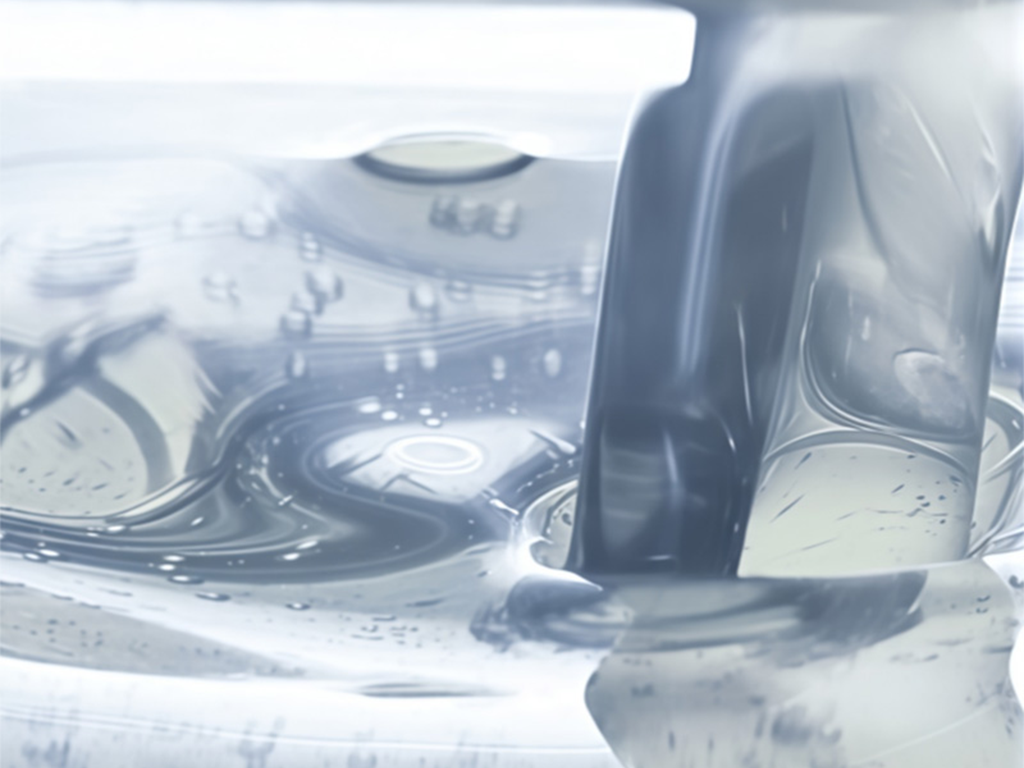Альтернативы акрилатным полимерам — это разнообразные материалы, выполняющие аналогичные функции в таких областях применения, как клеи, покрытия и упаковка, которые предлагают варианты для снижения затрат, повышения эксплуатационных характеристик или улучшения устойчивости. Полиуретановые полимеры являются важной альтернативой, ценятся за превосходную гибкость, химическую стойкость и адгезию к различным основам, что делает их подходящими для высокопрочных покрытий и конструкционных клеев, где они могут заменять акрилатные полимеры в автомобильной и строительной отраслях. Эпоксидные смолы обеспечивают превосходную механическую прочность и термостойкость, часто используются в промышленных покрытиях и электронной герметизации в качестве альтернативы акрилатам, требующим высокой прочности. Силиконовые полимеры обладают исключительной термостойкостью и устойчивостью к атмосферным воздействиям, заменяя акрилаты в покрытиях для высоких температур или наружных герметиках. Природные полимеры, такие как крахмалсодержащие или целлюлозные материалы, появляются как устойчивые альтернативы в упаковке, используя биоразлагаемость для соответствия экологическим требованиям. Бутадиен-стирольный каучук (SBR) и полимеры винилацетата (например, PVAc) являются экономичными альтернативами в клеях и покрытиях, хотя они могут быть менее универсальными, чем акрилаты. Для водных систем поливиниловый спирт (PVA) и натуральный каучуковый латекс служат альтернативами в определенных приложениях с низкой производительностью. Каждая альтернатива имеет свои компромиссы: полиуретаны могут быть более дорогими, эпоксидные смолы могут быть хрупкими, а природные полимеры часто имеют более низкую водостойкость. Выбор зависит от потребностей применения, при этом акрилатные полимеры сохраняют преимущество в универсальности, простоте формулирования и балансе свойств. Производители, такие как E Plus Chemical Co., Ltd., решают задачи конкуренции, повышая эксплуатационные характеристики акрилатных полимеров с помощью передовой каталитической полимеризации, обеспечивая их жизнеспособность наряду с этими альтернативами.
